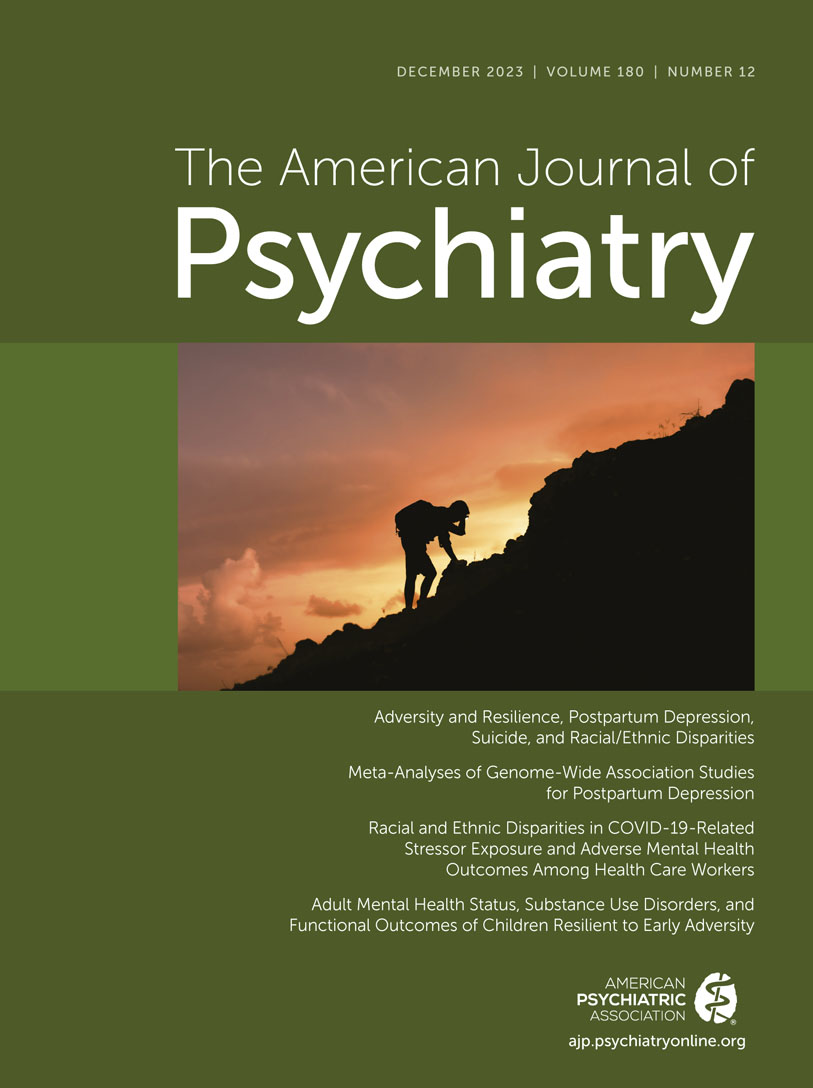Racial and Ethnic Disparities in COVID-19-Related Stressor Exposure and Adverse Mental Health Outcomes Among Health Care Workers
Abstract
Objective:
Racial and ethnic disparities in exposure to COVID-19-related stressors, pandemic-related distress, and adverse mental health outcomes were assessed among health care workers in the Bronx, New York, during the first wave of the pandemic.
Methods:
The authors analyzed survey data from 992 health care workers using adjusted logistic regression models to assess differential prevalence of outcomes by race/ethnicity and their interactions.
Results:
Compared with their White colleagues, Latinx, Black, Asian, and multiracial/other health care workers reported significantly higher exposure to multiple COVID-19-related stressors: redeployment, fear of being sick, lack of autonomy at work, and inadequate access to personal protective equipment. Endorsing a greater number of COVID-19-related stressors was associated with pandemic-related distress in all groups and with adverse mental health outcomes in some groups; it was not related to hazardous alcohol use in any of the groups. These associations were not significantly different between racial and ethnic groups. Latinx health care workers had significantly higher probabilities of pandemic-related distress and posttraumatic stress than White colleagues. Despite greater exposure to COVID-19-related stressors, Black, Asian, and multiracial/other health care workers had the same, if not lower, prevalence of adverse mental health outcomes. Conversely, White health care workers had a higher adjusted prevalence of moderate to severe anxiety compared with Asian colleagues and greater hazardous alcohol use compared with all other groups.
Conclusions:
Health care workers from racial and ethnic minority groups reported increased exposure to COVID-19-related stressors, suggestive of structural racism in the health care workforce. These results underscore the need for increased support for health care workers and interventions aimed at mitigating disparities in vocational exposure to risk and stress.
Access content
To read the fulltext, please use one of the options below to sign in or purchase access.- Personal login
- Institutional Login
- Sign in via OpenAthens
- Register for access
-
Please login/register if you wish to pair your device and check access availability.
Not a subscriber?
PsychiatryOnline subscription options offer access to the DSM-5 library, books, journals, CME, and patient resources. This all-in-one virtual library provides psychiatrists and mental health professionals with key resources for diagnosis, treatment, research, and professional development.
Need more help? PsychiatryOnline Customer Service may be reached by emailing [email protected] or by calling 800-368-5777 (in the U.S.) or 703-907-7322 (outside the U.S.).



